 By: Guadalupe Compeán
By: Guadalupe Compeán
and Imanol Belausteguigoitia
Introduction
In searching for economic growth, economics has become the articulating axis of all social life; it has annulled ethics and has stopped being a means to become an end.
Governments and companies want to grow increasing their competitiveness. They set ambitious goals, pressure all the stakeholders, specially their workers, and they compete in every way they can think off, even unfairly. In pursuit of competitiveness, they mass-replace workers with machines and they cut their wages. The basic variable is the last line in the income statements: profits.
 *CIMA literally means peak or Summit. However in this article it is also used as an acronym to Know (conocer in Spanish), Innovate, Meassure and Act.
*CIMA literally means peak or Summit. However in this article it is also used as an acronym to Know (conocer in Spanish), Innovate, Meassure and Act.
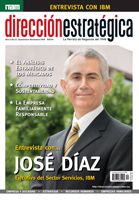
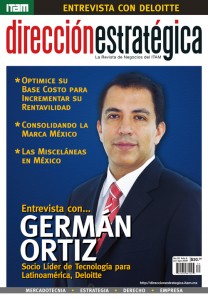
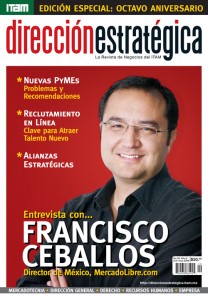
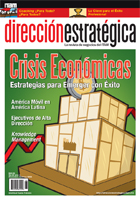
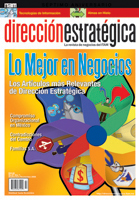

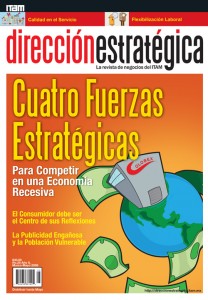
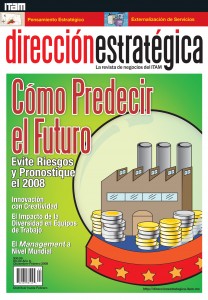
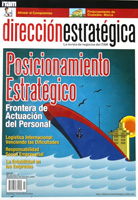
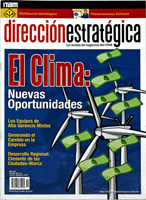
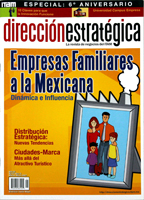
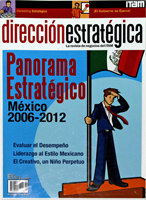
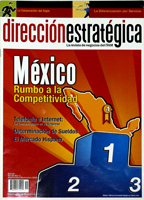
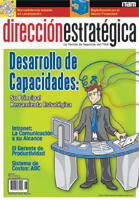
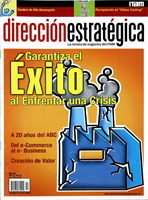
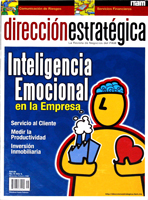
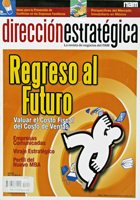
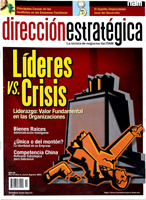
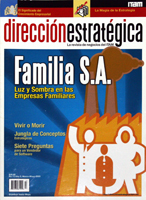
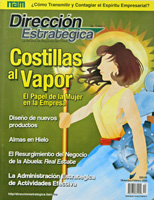
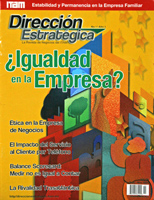
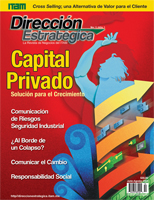

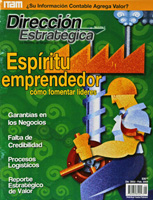
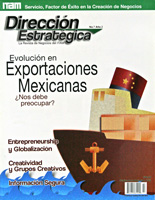
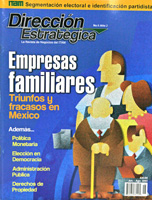
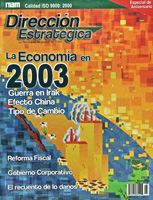
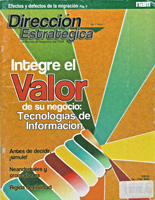
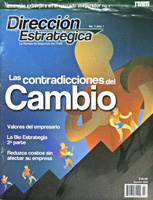
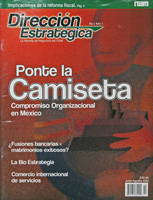
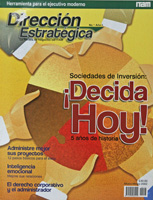
Sanitary Landfills, or How to Become a Millionaire
Wherever there are people, there will be problems with the generation of solid waste and residue; in other words, trash. Trash is natural or industrialized waste that when commingled produces unpleasant odor, generates bacteria harmful to the community, and loses its capacity for reuse or recycling. In modern society, many products are discarded when they break or no longer work because they have served their purpose. Most temporary-use products end up as solid waste. But much of the waste generated in households and industry can avoid becoming trash, because if it is correctly separated, it can be reused or recycled (in other words, it could fulfill other important functions). Furthermore, waste separation can be a significant source of revenue.
(read more…)